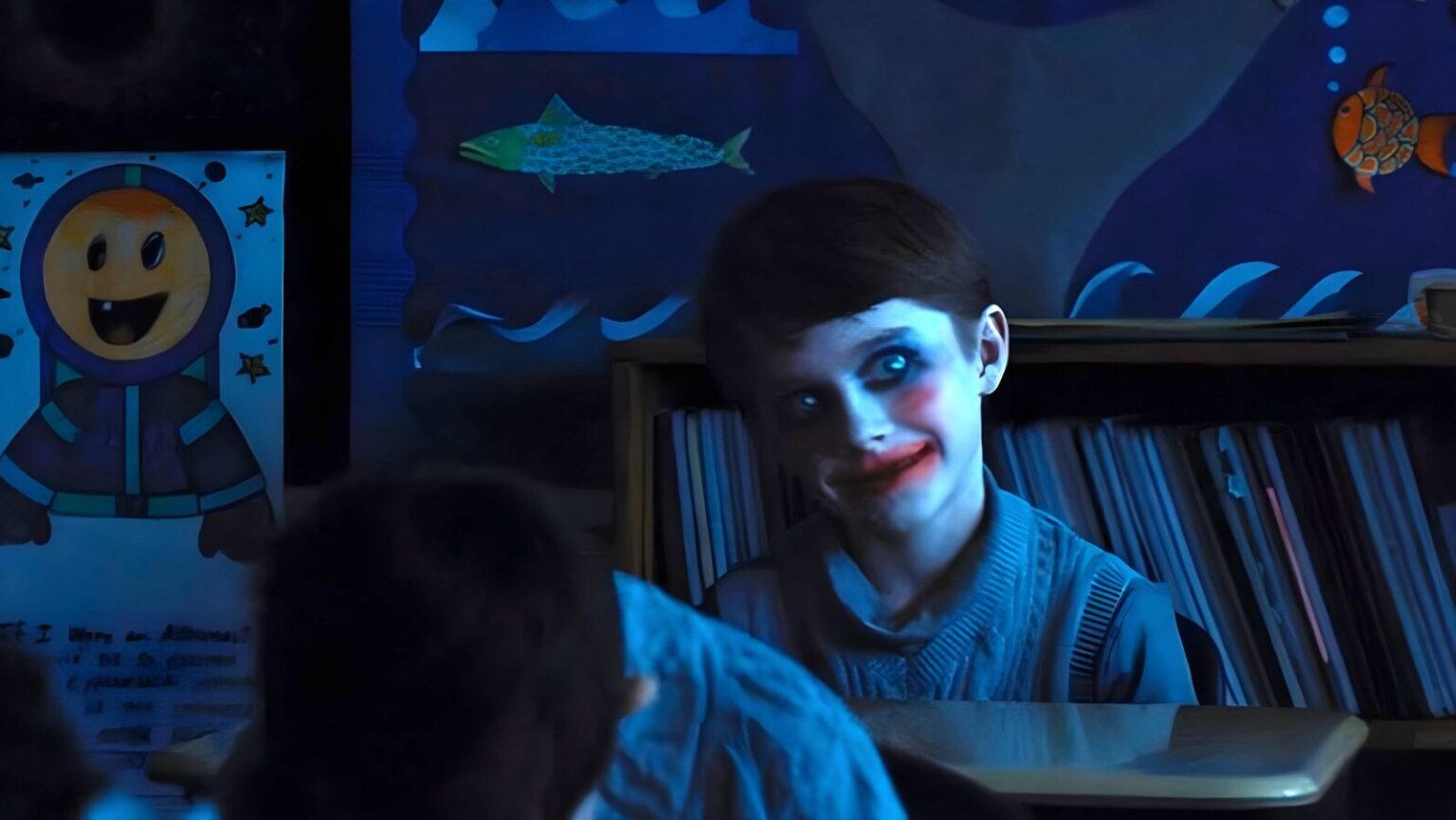TL;DR: Zach Cregger follows up Barbarian with a horror mystery that’s less about monsters in the walls and more about monsters in the mirror. With standout performances from Julia Garner, Josh Brolin, and Alden Ehrenreich, Weapons is patient, precise, and ultimately devastating. The premise alone could sell tickets, but the execution cements it as one of the year’s best genre films.
Weapons
Alright — so let’s talk about Weapons.
And not in the polite, NPR-voiced “I enjoyed the cinematography” kind of way, but in the “holy hell, I had to sit in the theater parking lot for 20 minutes afterward because my brain was melting” kind of way.
Zach Cregger, the man who gave us the Airbnb horror fever dream Barbarian, has returned, and this time he’s not just poking at our comfort zones — he’s detonating them with a smile. Weapons is the rare horror film that isn’t just scary because of what happens, but because of how deeply and methodically it dismantles the people inside it. It’s unsettling in that slow-bleed way, like a nightmare you keep having weeks later where you can’t quite remember the details, but you know you woke up sweating.
And the kicker? The premise alone could have carried a mediocre B-movie into cult status. Instead, Cregger builds an entire labyrinth around it, stocking every corridor with flawed humans, shifting allegiances, and a kind of dread that doesn’t jump out and say “boo” so much as wrap its arms around your ribs and squeeze, gently at first, then with the kind of pressure that makes you genuinely worried about internal bleeding.
The Hook That Won’t Let Go
Here’s the setup, and I swear I’m not overselling this: a schoolteacher, Justine (Julia Garner, delivering one of those “give her an Oscar just for the microexpressions” performances), walks into class one morning… and the kids are gone. Not just absent — gone. The rest of the school is normal. Bells are ringing, teachers are teaching, lunch ladies are slinging tater tots. But her students? They all woke up in the middle of the night, ran out of their homes at the same exact moment, and vanished.
The brilliance of this hook is that it’s not just about the “what” — it’s about the “what does that do to everyone?” The parents. The community. The teacher who becomes the convenient scapegoat. You watch this thing and start to realize that the real horror isn’t the absence of the children — it’s the way human beings fill a void with suspicion, anger, and the need for someone to bleed for it.
And, true to Cregger form, the movie doesn’t just hand you answers. It plays in the sandbox of “what the hell is going on?” for so long that you start to wonder if you even want to know. Spoiler: you do. And when you get them, they hit like a sledgehammer.
Characters as Weapons
This is where Weapons earns its title before you even know why it’s called that. Each major character — Archer (Josh Brolin, looking like he’s been living off coffee and revenge for years), Paul (Alden Ehrenreich, oozing “cop with a past” energy), and a handful of others — becomes a kind of narrative blade.
The film is divided into sections, each from a different point of view, and Cregger structures these like the interlocking panels of a comic book mystery. You think you’ve pieced together the picture, but the next chapter reframes the entire thing. Sometimes literally: you’ll see the same moment twice, from different eyes, and suddenly what you thought was kindness looks like cruelty, or what felt like safety becomes a trap.
That’s the magic trick here. Every character’s arc is its own horror story, with its own flavor of fear — paranoia, obsession, guilt — but they also stack into something larger and more grotesque. By the final act, you realize the title isn’t just about objects; it’s about people as instruments of destruction.
The Horror Curve
One thing I will warn you about: this is not a film that sprints out of the gate covered in blood. Cregger makes you live in the unease first. The gore is rationed like a precious spice — withheld, then dumped into the stew all at once so the ending burns like hellfire.
If Barbarian was about sharp, chaotic pivots — the kind that make you question whether you accidentally wandered into a completely different movie halfway through — Weapons is the opposite. It’s confident. Patient. Every section flows into the next with the momentum of someone who knows exactly how long you’ll stay hooked.
But make no mistake: when the horror does come, it’s not “fun spooky season” horror. It’s jaw-on-the-floor, did-I-just-see-that horror. The kind where you want to look away but you can’t because the scene has wormed under your skin and is now living there rent-free.
The Aftertaste
When the credits roll, you’ll probably sit there doing the mental math on everything you’ve just seen. The revelations, the betrayals, the way Cregger ties the title back into the plot in a way that makes your stomach sink a little lower. It’s disturbing in a way that’s not just about gore or shocks — it’s about what it says regarding the lengths people will go to when fear becomes their fuel.
Weapons isn’t perfect. The slow burn means some audience members might get twitchy before the fireworks start. But that’s also what makes the final act hit so violently hard. It’s like holding your breath for two hours, then finally exhaling into a scream.






